Critical History: Adapting history education to the challenges of today's digitized, globalized, and diverse societies in Europe
Critical History: Adapting history education to the challenges of today's digitized, globalized, and diverse societies in Europe is an Erasmus+ Project (2020-1-EE01-KA201-077997) that takes place September 2020 - September 2023.
In recent years, there have been significant societal changes influencing the teaching and learning of history. The onset of the internet age, the increased effects of globalisation and post-colonialism, and the blurring between heritage, public history, and history education have added complexity to teaching history in the classroom. Tomorrow's history teachers must be prepared to meet these challenges head-on rather than remain shackled to the constraints of traditional and, in some ways, out-of-date approaches to teaching history.
The project's objective
To ensure that history educators who receive their initial teacher training at one of the partner universities in the consortium are prepared to teach history in a way that responds to societal needs, and is based on the latest insights in history didactics.
What results are expected?
- the field analysis, including a literature review and a collection of practices;
- a study guide, with learning activities and teaching methods and tools on four topics in English, Estonian, German, Polish and Spanish:
- Heritage in history education (Tallinn University),
- Global dimensions of national history and post-colonial history (Augsburg University),
- Public history and history education (Wroclaw University),
- The role and influence of the internet in history education (Salamanca University);
3. the professional development and professional networking of the people who are actively involved in the project;
4. closer working relations between various professional organisations in the field of history education, such as the International Society for History Didactics (ISHD), EuroClio, the International Federation for Public History (IFPH) and the History Educators International Research Network (HEIRNET).
Download Critical History Presentation here
Partners
Leading partner: Tallinn University
Universitaet Augsburg
Uniwersytet Wroclawski
Universidad De Salamanca
Euroclio-De Europese Vereniging Voor Geschiedenisonderwijsgevenden
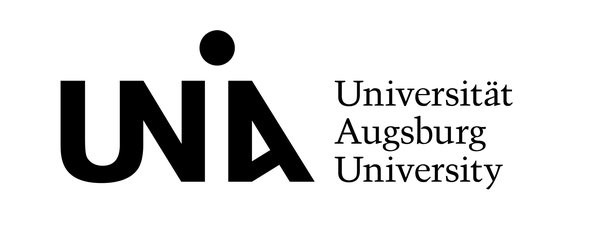
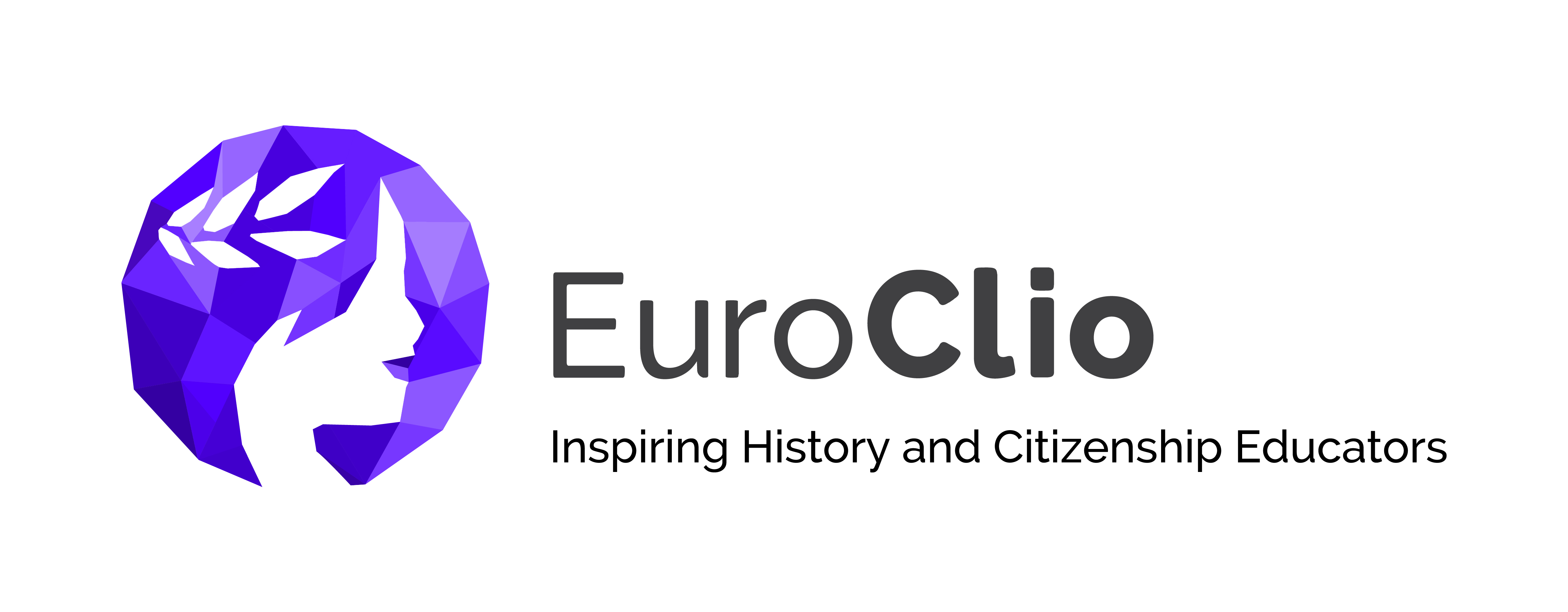
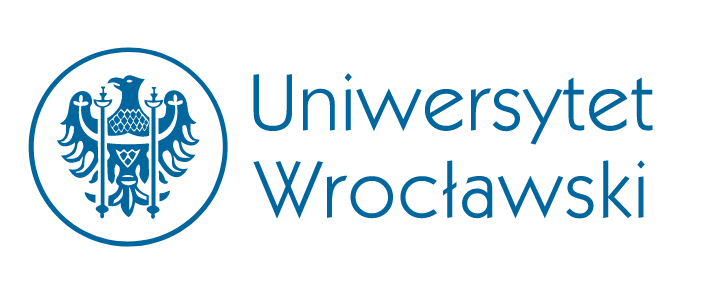


Project advisory board
Dr Maria Grever is professor em. Theory and Methodology of History and founding director of the Center for Historical Culture at Erasmus School of History, Culture & Communication (ESHCC), Erasmus University Rotterdam. She is currently a research fellow at the NL-Lab KNAW Humanities Cluster. Her research interests are historical culture, historical consciousness and historiography; collective memory and identity; heritage, popular culture and history education; monarchy, gender and political culture.
_0.jpg)
Dr Alexander Khodnev is professor and Chair Department of World History Yaroslavl’ State Pedagogical University, Yaroslavl, Russian Federation. His research area is the history of international organizations, modern interdisciplinary didactics of history and public history.
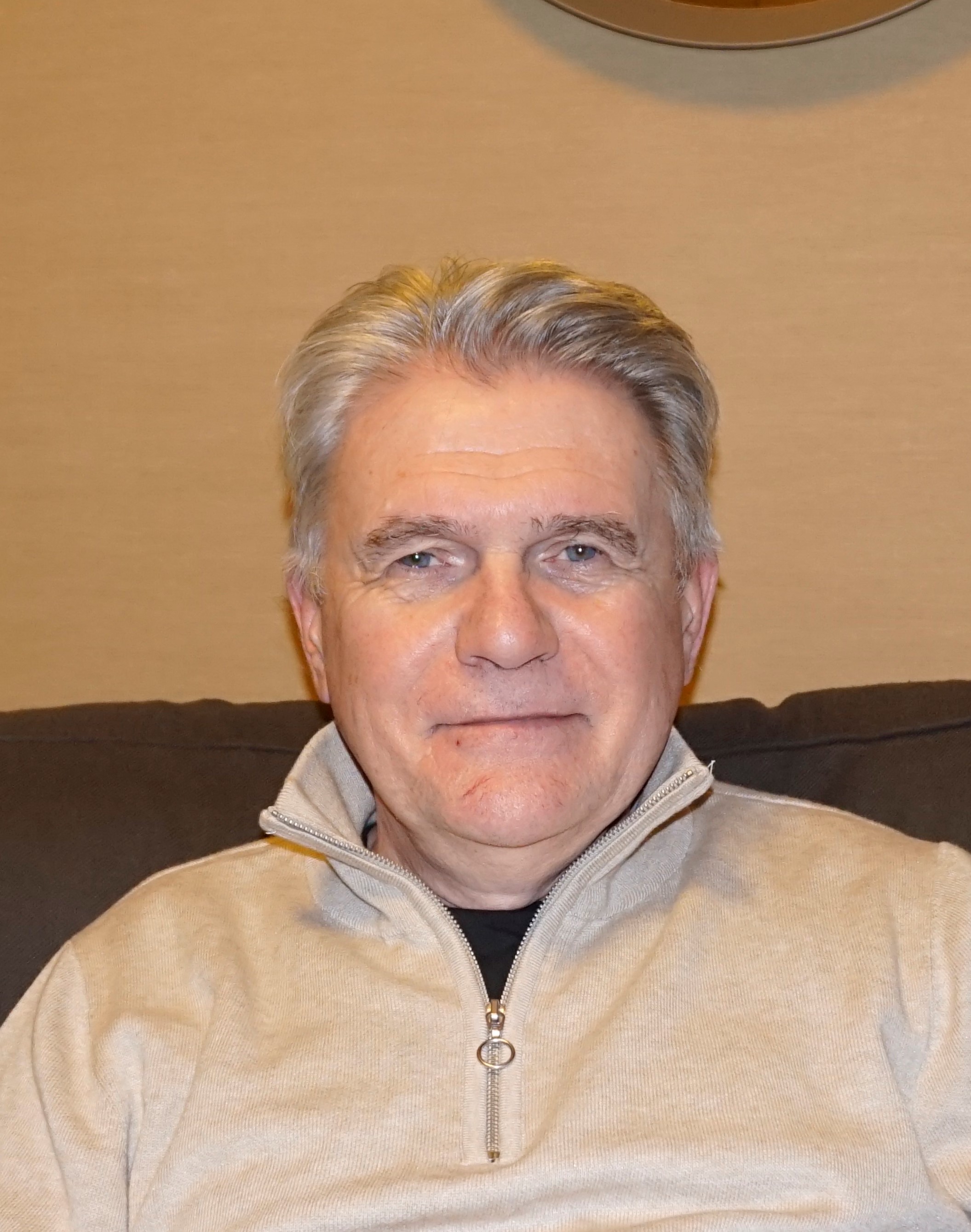
Dr Philipp Marti is research assistant at the Center for Political Education and History Didactics, Institute for Research and Development, PH FHNW. His research area is global historical perspectives in history education, postcolonialism and history educatio and professional competence of history teachers.
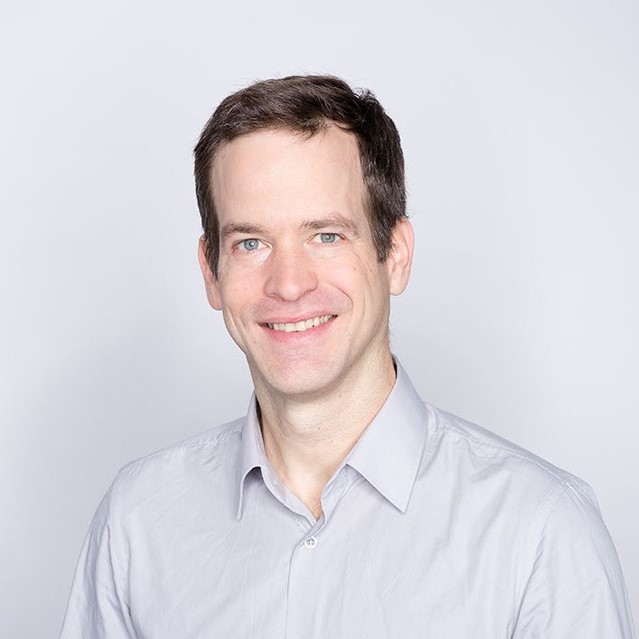
Dr Terry Haydn is is Emeritus Professor of Education at the School of Education and Professional Development at the University of East Anglia. His research interests are in history education, the use of new technology in education, and the management of pupil behaviour in schools.